Random Free Articles
- A Living Master; A Living Blessing
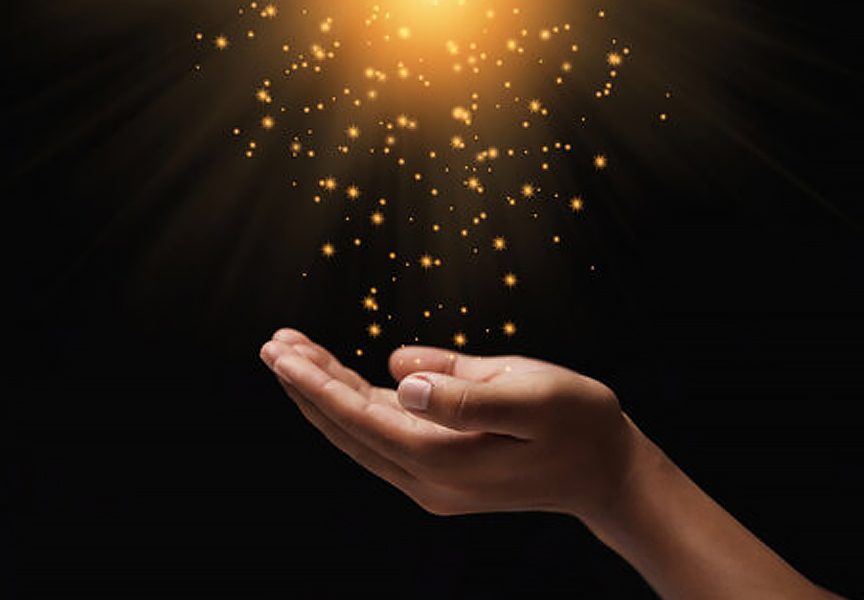
In the tapestry of human existence, certain individuals emerge as beacons of wisdom, compassion, and enlightenment. A living master, often recognized as a spiritual guide, mentor, or teacher, embodies the essence of a living blessing. These extraordinary individuals traverse the realms of knowledge, guiding seekers on the path of self-discovery, inner peace, and spiritual awakening. The Living Presence: A living master is not merely a…
- How to practice Shaolin Rouquan well
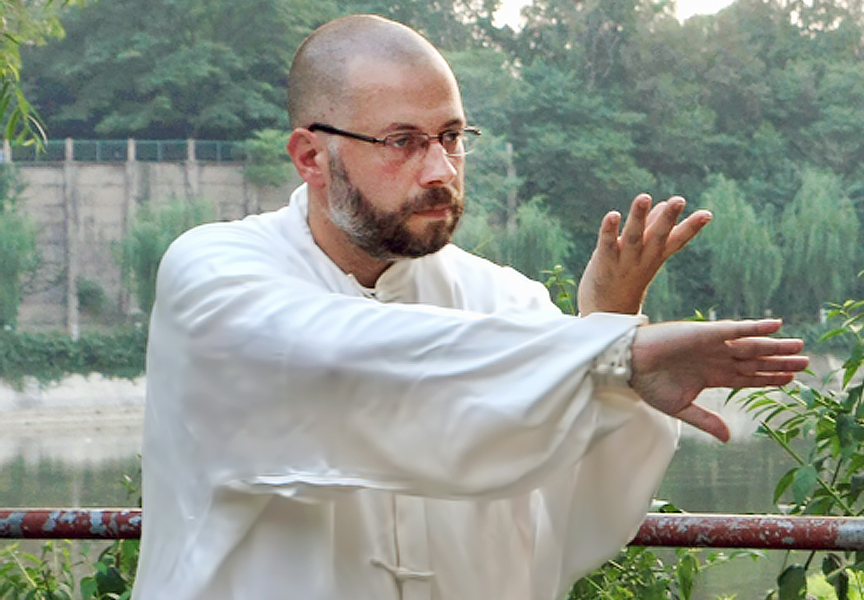
A Guide to Mastering the Art Shaolin Rou Quan [Chin.: Shàolín róu quán 少林柔拳], is an ancient martial art, heritage of the Shaolin Temple that has gained worldwide popularity for its numerous health benefits and graceful, flowing movements. The practice of Shaolin Rou Quan goes far beyond the superficial appearance of slow, rhythmic exercise; it is a deeply rooted tradition with profound physical and mental advantages. In this…
- Equal Breathing
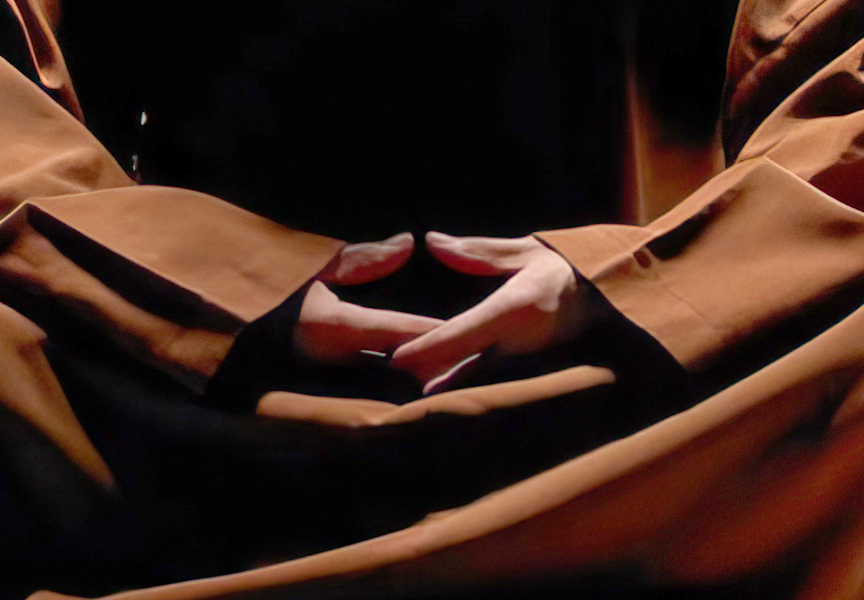
A Harmonious Journey to Mindful Balance In the hustle and bustle of modern life, where stress and anxiety often take center stage, finding solace and balance becomes paramount for overall well-being. One ancient practice that has stood the test of time is Equal Breathing - Fang Huxi [Chin.: Fāng hūxī 方呼吸], also known as Sama Vritti [Samāvṛtti - समां वृत्ति] . This mindful breathing technique offers a simple yet…
- Taolu. The Artistry of Forms
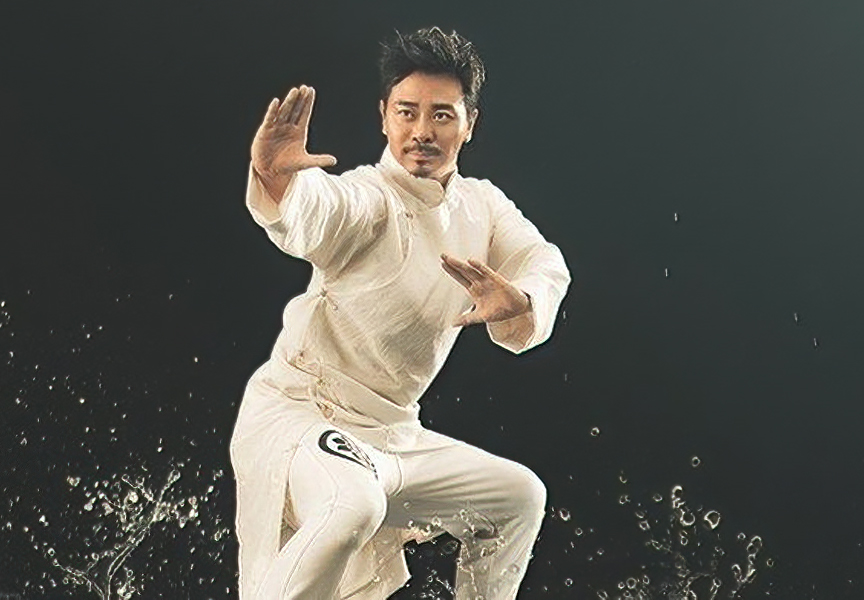
Martial arts, deeply rooted in ancient traditions and philosophies, embody a rich tapestry of physical prowess, mental discipline, and cultural significance. One of the distinctive elements in Chinese martial arts is the practice of "taolu" [Chin.: tàolù 套路], commonly known as forms. Taolu is not merely a choreographed sequence of movements; it is a dynamic expression of a martial artist's skill, showcasing a harmonious…
- Exploring the Bafa of Shaolin Rou Quan
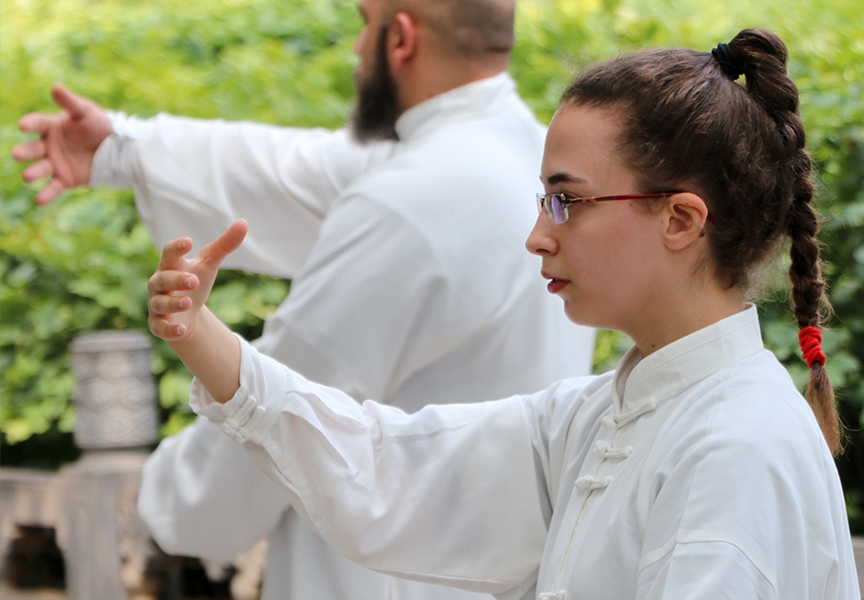
Shaolin Rou Quan [Chin.: Shàolín róu quán 少林柔拳], often simply referred to as Shaolin Rou Gong, is a martial art and a holistic exercise system that has been practiced for centuries. One of the key aspects that make Shaolin Rou Quan unique and effective is the incorporation of the "eight basic methods of practice." These methods, Peng, Lu, Ji, An, Cai, Lie, Zhou, and Kao, are fundamental to understanding and mastering this…
